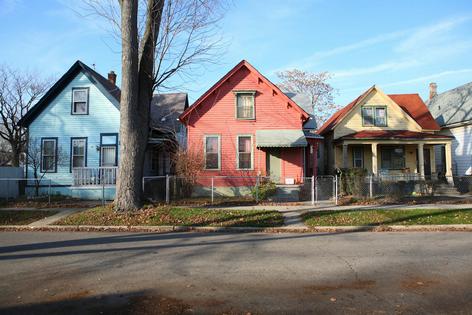Detroit’s legacy of housing inequity has caused long-term health impacts − these policies can help mitigate that harm
Published in Health & Fitness
Detroiters who face rising rents, poor living conditions and systemic barriers to affordable and safe housing are at greater risk of poor health, our research finds.
We study the connection between housing inequities and health, with the goal of informing local, state and national policy. Our focus is on how interdisciplinary research on housing relates to equity in health, race, income and aging.
Housing instability can take many forms, including living in overcrowded or inadequate conditions, having to make frequent moves or spending the bulk of household income on a place to live. These stressors can lead to an increased risk of eviction, homelessness, poor mental health and even physical illness.
Half of Detroit’s residents are renters who earn a median household income of $26,704, nearly $13,000 lower than Michigan’s median, according to American Community Survey data.
We also found that 60% of renters in Detroit are cost-burdened, meaning they spend more than 30% of their income on housing-related costs, including rent and utilities.
These issues didn’t develop overnight. Detroit’s current racial housing inequities are influenced by the legacy of redlining. Redlining refers to the federally sponsored practice of banks and insurers refusing or limiting loans, mortgages and insurance within Black neighborhoods.
The effects were long term. As recently as 2019, formerly redlined areas had almost 30% lower homeownership rates and a $60,000 difference in median household income compared with mostly white areas that were provided with better opportunities beginning nearly a century ago.
Beyond the financial effects, research also shows that the practice of redlining in Detroit is associated with self-reported poor health, heart disease and poor vision among current residents of these areas.
Discriminatory housing practices continue today, often taking the form of foreclosures and evictions.
In the past two decades, Detroit has experienced one of the highest tax foreclosure rates in the country.
...continued








Comments